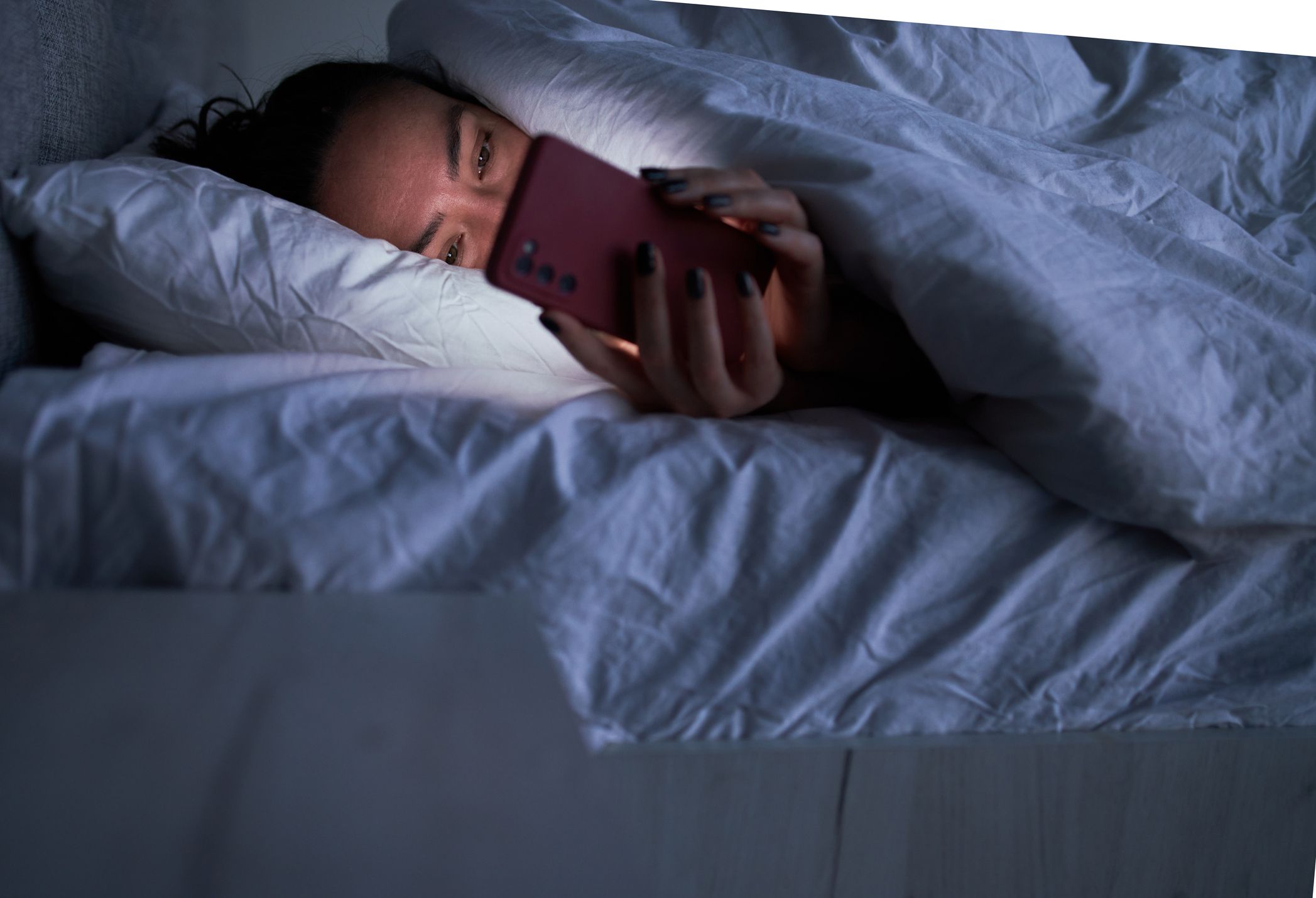Sleep quality is among the most crucial factors in keeping both physical and mental well-being. It is crucial in helping the body recover and regenerate its own body while also forming memories as well as processing emotions. Research suggests that insufficient sleeping habits can trigger various issues, including weakening the immune system, higher anxiety levels as well and trouble concentrating.
So, taking care of the essential factors that support restful nights is essential to maintain the best health. Recognizing the importance of rest can be the initial step to developing habits and creating an environment to ensure you achieve these goals regularly.
Establishing the Perfect Sleep Environment
The environment that you are in affects how you feel and how well you sleep. The bedroom ought to be a place with a focus on relaxation and comfort. To create the perfect bedroom, start by addressing the noise, light, and temperature levels. Curtains that block out light or an eye mask can cut off any intrusive lighting, while the use of white noise machines or earplugs will reduce disturbances caused by ambient noise.
The temperature of the room also plays a role, as research suggests that maintaining temperatures in the 60-67 degree range is ideal for restful and deep sleep. Decor, bedding, and even the colors of walls are all important to promote a sense of peace, which allows you to easily transition into a state of calm, which is conducive to sleep.
Important Sleep Aids and Equipment
There are many things that you can incorporate into your sleeping routine to improve the quality of your sleep and encourage uninterrupted rest. Start with a top-quality mattress customized to your preferences for sleep, regardless of whether you want an extra firm mattress or something softer and supple. In the same way, pillows should be suited to your preferred sleeping position – back, side, or stomach, to ensure the correct alignment of your spine. Other accessories, like blankets that are weighted, can provide a sense of security and comfort, especially for people who suffer from anxiety.
If you are looking to improve your sleeping habits, devices like smart sleep trackers and wearable technology can give you actionable information about patterns and habits. The best accessories can help bridge the gap between a standard sleep experience and one that’s extremely personalized.
Creating Good Sleep Practices
Making and sustaining habits that allow for the same level of sleep is crucial in ensuring that you reap the maximum benefits. Making a routine for your sleep is the basis of the habits you develop; going to bed and getting up simultaneously helps keep your internal clock in check. Another important aspect is winding down properly before going to bed.
Avoid activities that stimulate you, the excessive screen time or bright lights, for at least one hour before going to bed. Activities that relax you, like reading, meditating, or doing gentle stretching, are beneficial to signal your body to get ready for rest. The habits you develop may take some time to establish, but consistent practice can result in significant improvements.
The Effects of Exercise and Nutrition on Sleep
The food you consume and the time you exercise can significantly impact your quality of sleep. Ingestion of large meals, alcohol, or caffeine before bedtime may hinder your ability to fall asleep or to stay asleep. It is recommended that you eat your last meal or drink caffeinated beverages at least an hour before bedtime.
Exercise regularly, especially moderate ways like walking, can improve general sleep patterns, helping to alleviate stress and promote deep sleep cycles. However, intense workouts are best completed a couple of hours before bedtime so that your body can relax and restore to relaxation. Affiliating your eating and exercise routines with your sleep objectives will help you establish your own healthy routine.
Recognising and Treating Sleep Issues
For some people, getting the ideal level of restful sleep can be more difficult because of sleep disorders. Disorders like insomnia, sleep apnea, and restless leg syndrome can greatly interfere with sleep and require specific treatment. Understanding these disorders starts with the identification of symptoms like chronic fatigue, trouble getting or staying asleep, or breathing problems when you sleep.
If you suspect you may have a sleep disorder, you should consult an experienced healthcare professional to discuss the symptoms and the possible treatment options. Equipment such as CPAP machines is readily available for people suffering from sleep apnea. In addition, insomnia can be treated through cognitive behavioral therapy or with improved quality of sleep. The timely diagnosis and treatment of sleep-related disorders is crucial for long-term health.
Making Sleep a Priority for a Healthier Life
Sleep isn’t an indulgence, it’s an absolute necessity. The importance of a good night’s sleep is the basis of physical well-being, mental clarity, and mental stability. By creating a setting that encourages relaxation by investing in the best sleeping gear, observing healthy habits, and dealing with any potential issues, you allow your body to rest every night.
Making changes to your sleep routine isn’t a quick process. However, incremental efforts can result in long-lasting improvements in the overall quality of your life. Making sleep the priority that it merits is an investment in yourself that will yield a wealth of productivity, energy, and joy.
FAQs
1. Do I need to sleep for how many hours? Will I need to rest every night?
A majority of adults require at least 7-9 hours of rest every evening. However, each person’s needs may differ based on their lifestyle, age, and medical conditions.
2. Does changing my diet aid me in sleeping better?
Yes. Refraining from eating large meals or drinking caffeine before bed and ensuring the right balance of a healthy, balanced diet can significantly impact the quality of sleep.
3. What are the best methods to deal with insomnia?
It is often possible to manage insomnia by improving sleep hygiene methods, relaxation techniques, as well as cognitive therapy for behavioral disorders. A doctor may suggest further treatments based on your needs.




